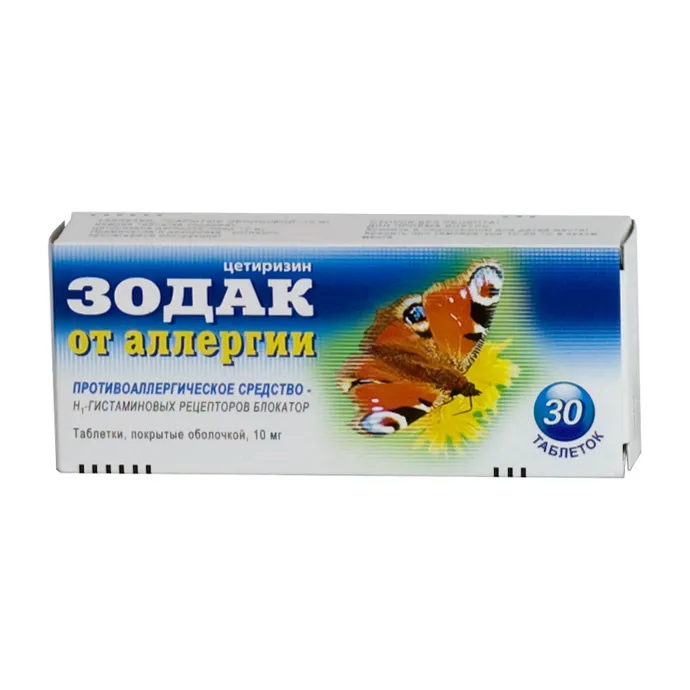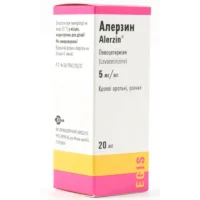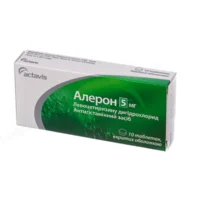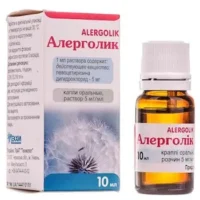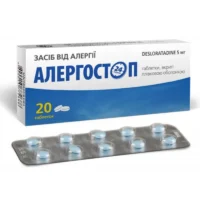Description
Zodak (Cetirizine Dihydrochloride) Coated Tablets 10 mg. №30
Ingredients
- Active ingredient: Cetirizine dihydrochloride 10 mg
Dosage
- Adults and children over 6 years: Take 1 tablet once daily with water
Indications
Zodak tablets are indicated for the relief of symptoms associated with allergic rhinitis (hay fever) and chronic idiopathic urticaria.
Contraindications
Do not use Zodak tablets if you are allergic to cetirizine or any other ingredients in the product. Consult a healthcare professional before use if you are pregnant or breastfeeding.
Directions
Take Zodak tablets as directed by your healthcare provider. Do not exceed the recommended dosage.
Scientific Evidence
Cetirizine, the active ingredient in Zodak tablets, is a second-generation antihistamine that has been extensively studied for its efficacy in managing allergic conditions. Research published in the Journal of Allergy and Clinical Immunology has shown that cetirizine is effective in reducing symptoms of allergic rhinitis and chronic urticaria with a low incidence of sedation compared to first-generation antihistamines.
Additional Information
- Zodak tablets provide 24-hour relief from allergy symptoms without causing drowsiness, making it suitable for daytime use
- It is important to store this medication at room temperature away from moisture and heat
Pharmacological Effects: Cetirizine works by blocking the action of histamine, a substance in the body that causes allergic symptoms. By inhibiting histamine, cetirizine helps alleviate symptoms such as sneezing, itching, and runny nose.
Clinical Trials: Clinical trials have demonstrated the effectiveness of cetirizine in managing allergic conditions. A study published in the Annals of Allergy, Asthma & Immunology found that cetirizine provided significant symptom relief in patients with seasonal allergic rhinitis compared to a placebo.

